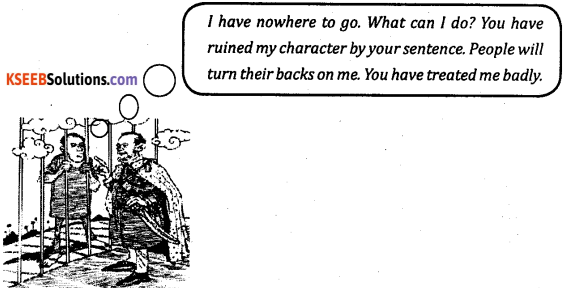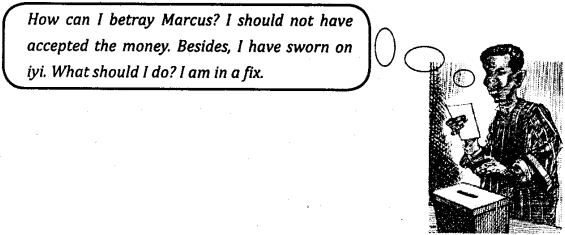Students who are in search of 2nd PUC English Workbook Answers Streams Note Taking pdf. First check in which chapter you are lagging and then Download Karnataka Board 2nd PUC English Textbook Answers Chapter Wise. Students can build self confidence by solving the Answers with the help of Karnataka State Board 2nd PUC. English is the scoring subject if you improve your grammar skills. Because most of the students will lose marks by writing grammar mistakes. So, we suggest you to Download Karnataka State Board 2nd PUC English Answers according to the chapters.
Karnataka 2nd PUC English Workbook Answers Streams Note Taking
This skill helps the learner co-ordinate listening with comprehension. Good listening abilities help assimilate important information from lectures. Students identify crucial details of what is being read out and answer questions or fill in the given format.
Instructions:
- Students look at the pre-listening questions provided so that they can focus on the relevant details while listening to the text.
- While teachers read aloud and slowly, students note down the answers (Teachers should read out passages in Appendix I).
- This is to be followed by a discussion in the class.
Exercise-I
Distance education is giving education a second chance. A 65-year-old grandmother who wanted to study literature was in the class. Then there was a seventy-year-old Professor who was interested in a comparative study of different Indian languages. There are many such examples. People join the course for reasons like promotions, better job opportunities etc. But all these students come to study because they want to, and most earn to pay for it.
1. How old was the grandmother?
Answer:
65 years old.
2. What was the interest of the seventy-year-old professor?
Answer:
Comparative study of different Indian languages.
3. Mention the reasons for which people join distance education courses.
Answer:
Promotions and better job opportunities.
4. How do people pay for the courses?
Answer:
They earn to pay for the course.
Exercise-II
A working woman has often been termed a ‘super woman’. She balances both the family and work place. She has to provide quality time to her children, manage the house, and satisfy the demands at the work place. Several times she suffers discrimination both in the family and at work. But she does not let all this affect her and continues to work, thus making her role invaluable.
1. Who is termed a ‘super woman’ ?
Answer:
A working woman.
2. She provides time to her children.
Answer:
quality.
3. What problems does she face? –
Answer:
She has to manage the demands on the home front as well as in office.
4. How does she make herself invaluable?
Answer:
She does not allow the discrimination that she suffers to affect her and continues to work.
Exercise-III
The Maravanthe beach is one of the most beautiful beaches of Karnataka. Here the river Souparnika joins the Arabian Sea. There are several islands which are covered with palm trees and mangroves in this area. Small boats ferry villagers between these islands. A huge and attractive temple is located on the banks of the river.
1. Which is one of the most beautiful beaches of Karnataka?
Answer:
The Maravanthe beach.
2. Mention the name of the river.
Answer:
Souparnika.
3. How are the islands covered?
Answer:
The islands are covered with palm trees and mangroves.
4. How are the villagers ferried?
Answer:
In small boats.
The main aim is to share the knowledge and help the students of 2nd PUC to secure the best score in their final exams. Use the concepts of Karnataka 2nd PUC English Answers Workbook Answers Streams Note Taking in Real time to enhance your skills. If you have any doubts you can post your comments in the comment section, We will clarify your doubts as soon as possible without any delay.

